JD Power studies the vehicle performance with regards to quality and claimed that the new vehicle quality in India has improved significantly over the past 5 years, specifically in areas pertaining to defects and malfunctions. The study unveils the problems owners experience with their new vehicle during the first 2 to 6 months of ownership. It examines more than 200 problem symptoms covering 8 vehicle categories (listed in order of frequency of reported problems): engine and transmission; HVAC; driving experience; vehicle exterior; features, controls and displays; vehicle interior; seats; and audio, entertainment and navigation. All problems are summarised as the number of problems per 100 vehicles (PP100), with a lower PP100 score indicating a lower incidence of problems and higher initial quality.
Problems related to defects/malfunctions account for 52 of the total PP100 a 26 PP100 decline since 2011 and design related problems such as features difficult to use and excessive fuel consumption are at 36pp100 in 2015 down marginally from 38 PP100 in 2011. The industry averages 96 PP100 in 2015, which is 22 PP100 fewer than in 2011. “The industry overall has made significant strides in improving the quality of vehicles, dramatically reducing defects and malfunctions. This clearly demonstrates the manufacturing capabilities of the automakers in India,” said Mohit Arora, Executive Director, JD Power, Singapore. He also highlighted that the early problems can set the tone for the entire ownership period and still have an effect years later when consumers replace their vehicle.
The vehicles are categorised as entry compact segment, compact segment, premium compact segment, upper compact segment, mid size segment, entry mid size segment, MUV/MPV segment and SUV segment. Respectively the awards are conferred to Hyundai Eon with 78 PP100, Hyundai i10 with 83 PP100, Hyundai Elite i20/ Active with 61 PP100, Honda Brio with 41 PP100, Honda City with 68 PP100, Toyota Etios with 82 PP100, Toyota Innova with 44 PP100 and Ford Ecosport with 75 PP100.
The comparison with the yesteryear’s data shows a significant improvement on high-volume models named Eon with 41 fewer problems and the Grand i10 with 34 fewer problems. Additionally, the newly launched Hyundai Elite i20 posts a segment-leading performance with 61 PP100. The premium mid size and MUV/ MPV segments each improve by 30 PP100 YoY while the upper compact segment improves by 22 PP100. Quality improves across all categories since 2011 except HVAC, which posts a 5 PP100 increase during the same time frame. Owners who receive an explanation of their vehicle’s features at the time of purchase report fewer problems than those who do not receive an explanation (93 PP100 vs. 160 PP100, respectively).Vehicle quality builds advocacy. Vehicle owners with few problems endorse the model to their friends and acquaintances and vice-versa. It would be prudent for automakers to focus on quality, specifically reducing design-related problems, to deliver a best-in-class vehicle ownership experience and improve customer loyalty and advocacy.



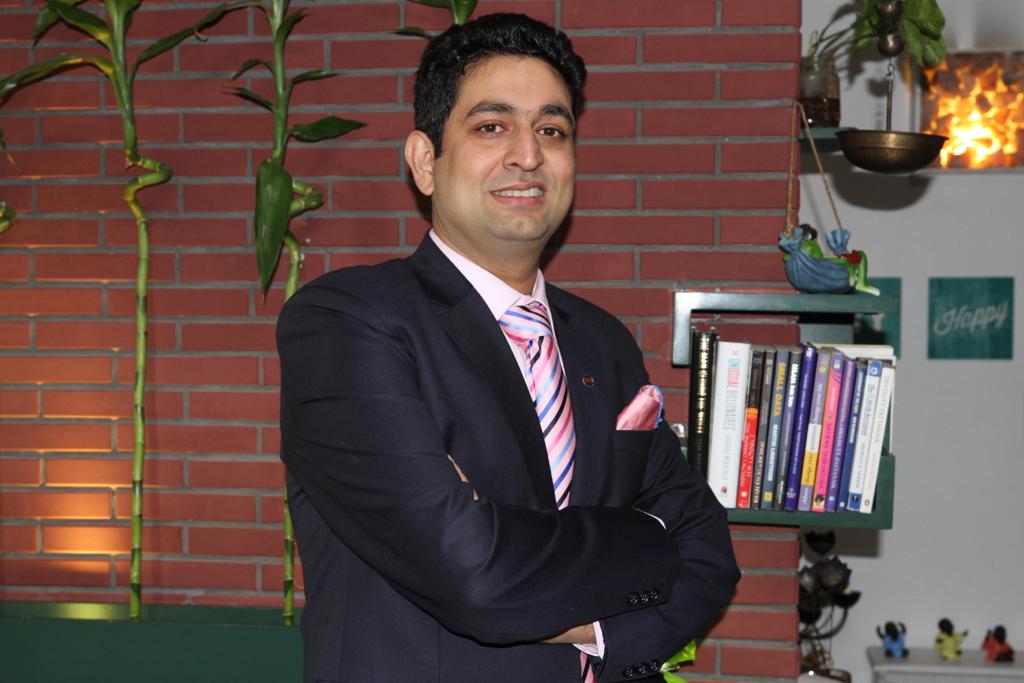
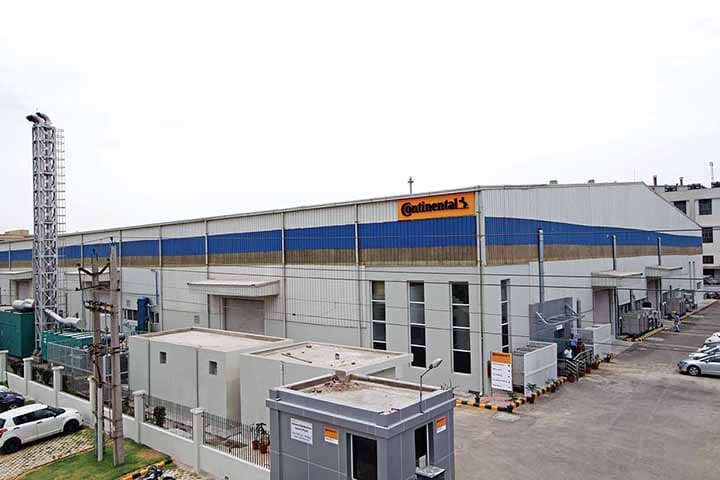
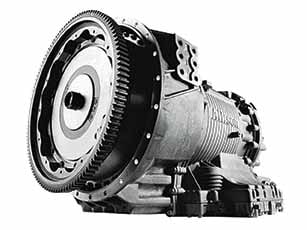


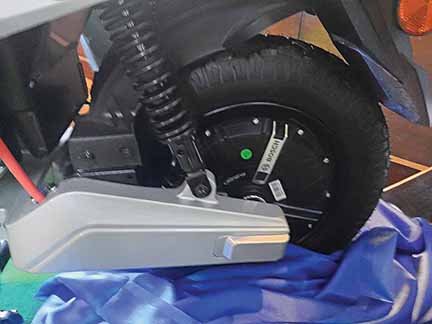
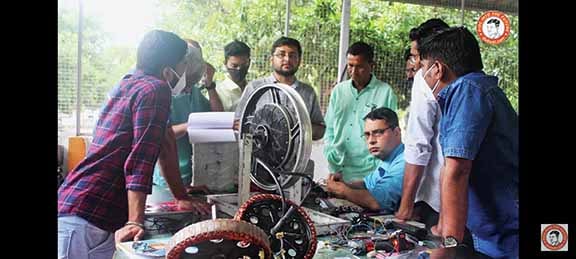
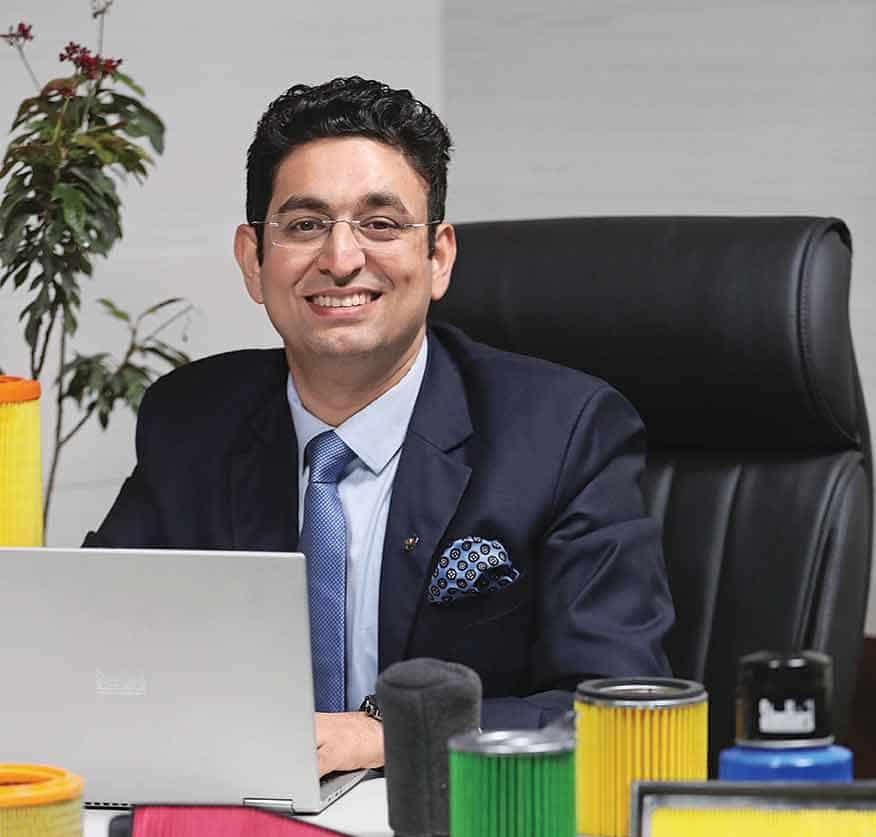

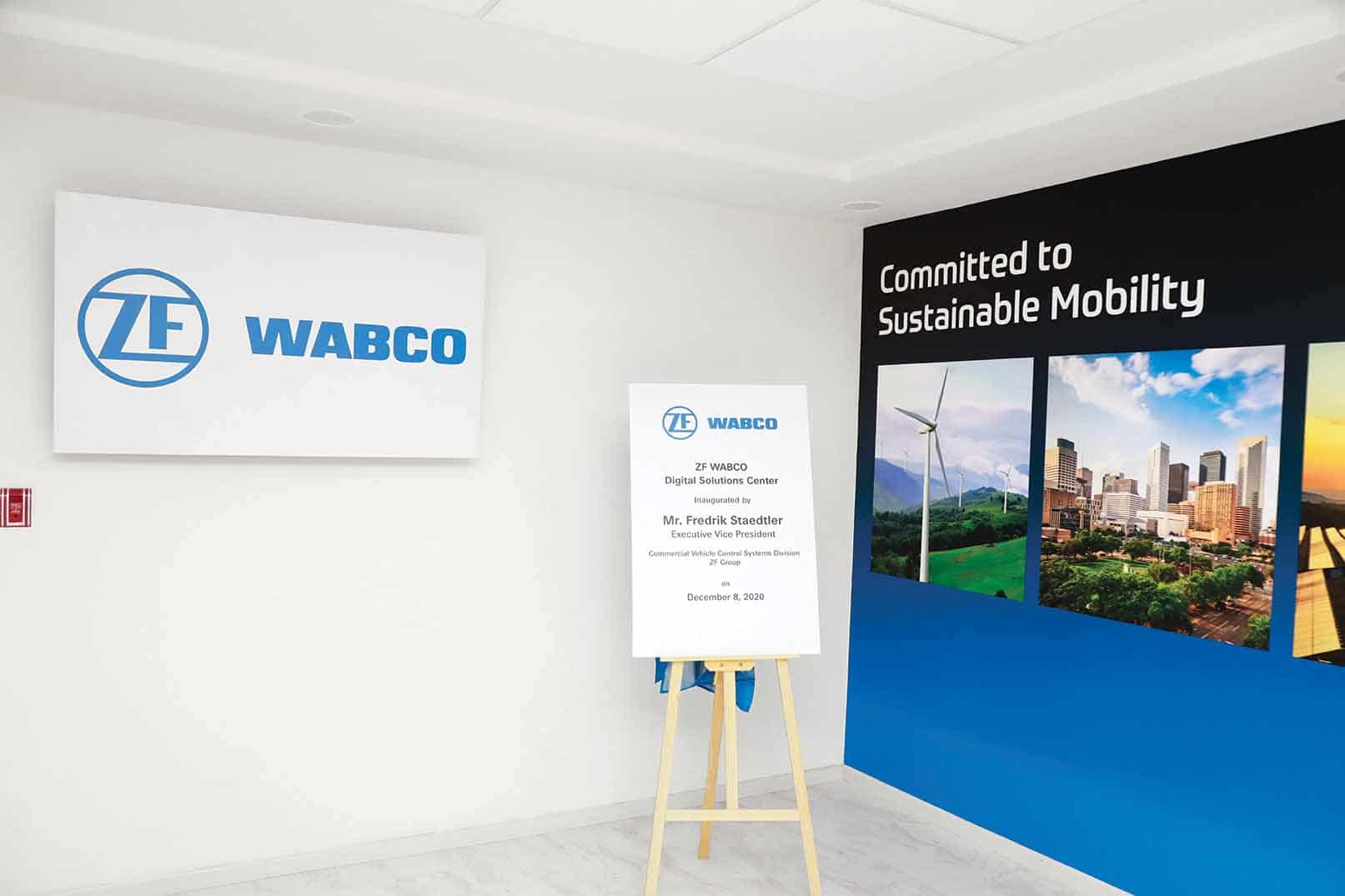




Leave a Reply